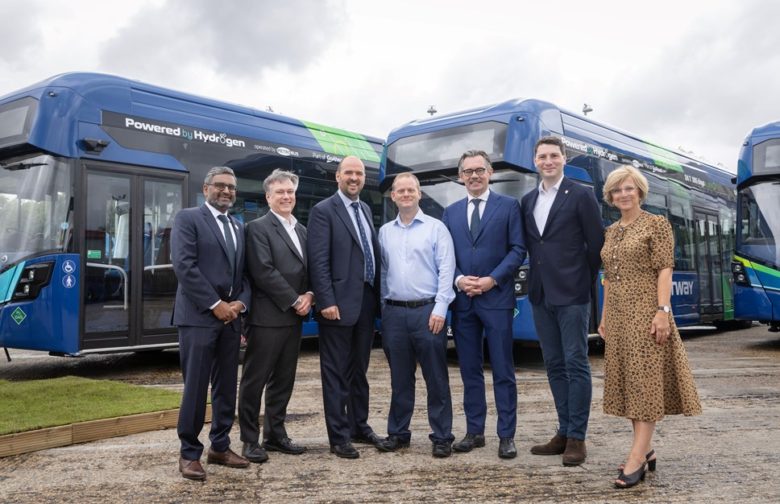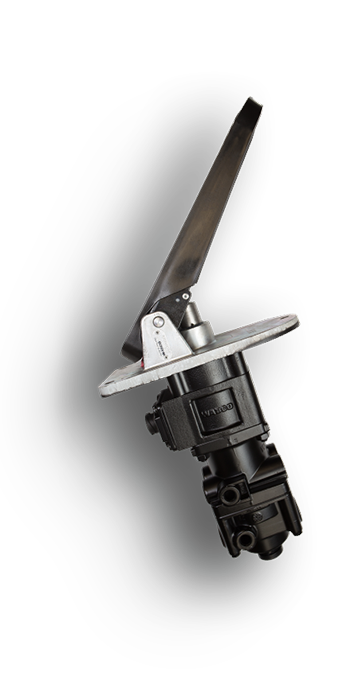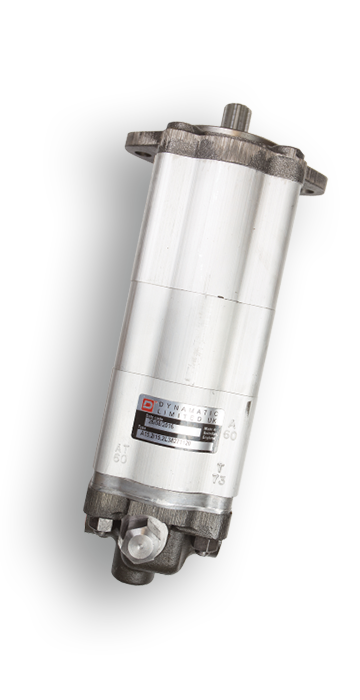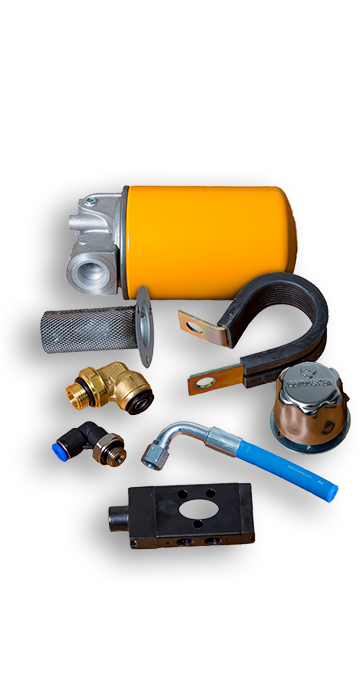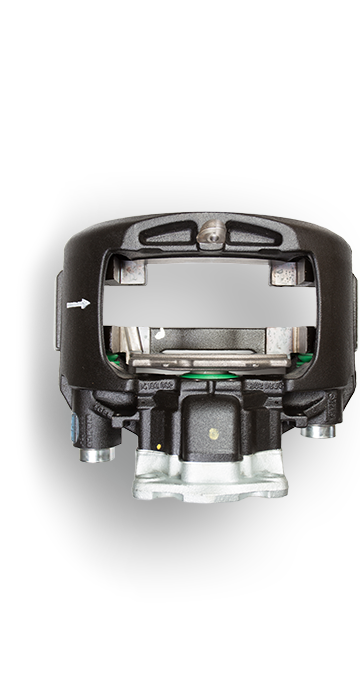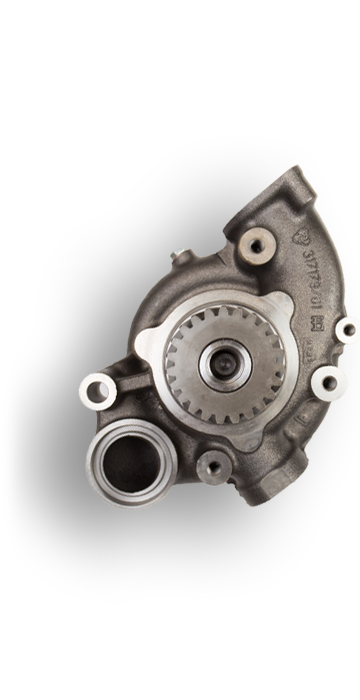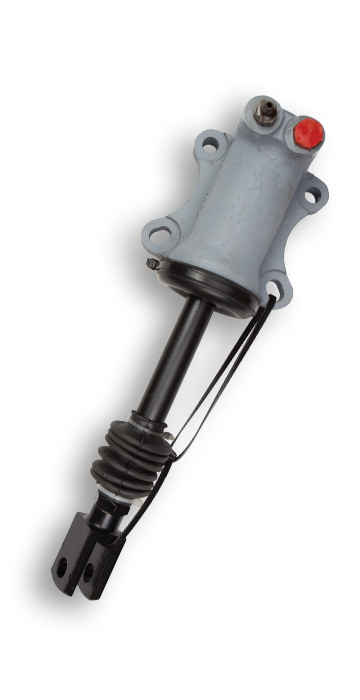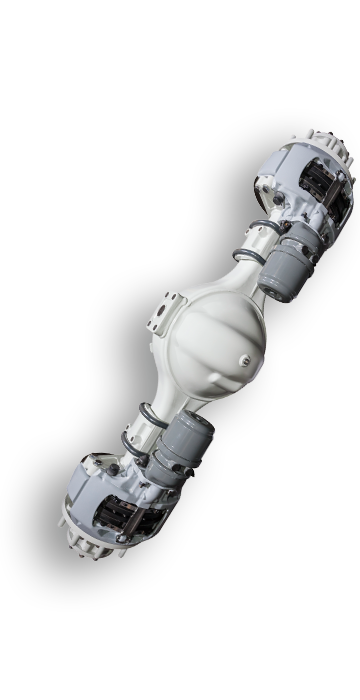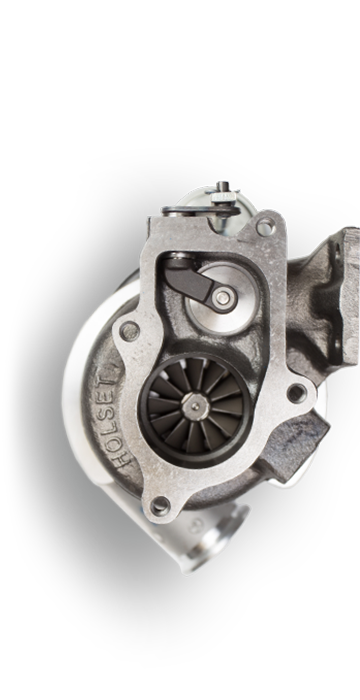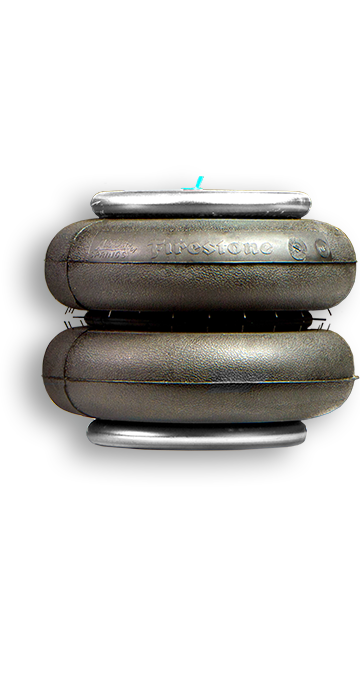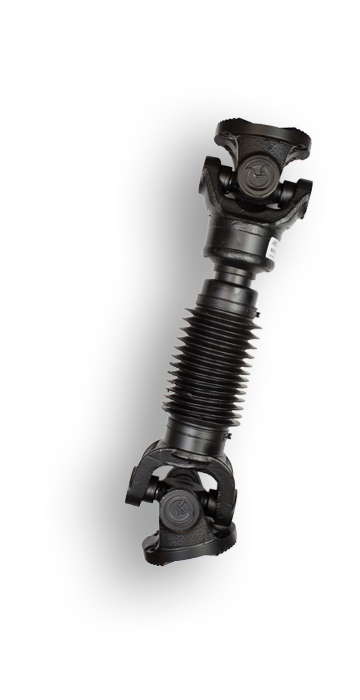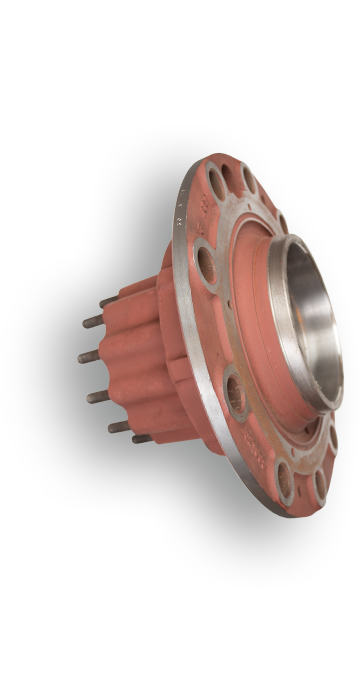Hydrogen fuel cell buses
Imperial Engineering customer, the Go-Ahead Group, has become the latest major operator to cement its commitment to hydrogen with the unveiling of its new fleet of 20 hydrogen fuel cell buses, as part of its plan to create one of the largest hydrogen bus fleets in Britain.
The new single-decker Kite Hydroliner buses, manufactured by Wrightbus, are the first hydrogen powered vehicles in the operator’s fleet of more than 6,000. They will be used to service routes in the Gatwick Airport, Crawley and Horley areas.
These zero emission buses have a long range even at full capacity, making them ideal for intensive passenger routes such as Gatwick, which operate around the clock, 365 days a year.
The fleet will be served by a liquid hydrogen refuelling station in Crawley, that’s owned and operated by Air Products, an industrial gas company.
The project has been backed by more than £4m of funding from the Government’s Ultra-Low Emission Bus scheme and commenting on the investment by the Go-Ahead Group, Jean-Marc Gales, Chief Executive of Wrightbus, said: “Public transport is a key area in the UK’s zero carbon ambitions and hydrogen has a vital role to play. Collaborations such as this one show the potential of UK industry to meet this challenge that we face.”
Another Imperial Engineering customer, Metroline, which in 2021 became the first operator in England to launch hydrogen-fuelled double decker buses operating in London, has also extended its hydrogen fleet. A further 34 zero-emission buses will come into service over the next 18 months, through its partnership working with Surrey County Council, which has invested a total of £16.4m in the project.
Hydrogen used in a fuel cell is free from harmful emissions. The only by-product is water from the chemical reaction of hydrogen with oxygen from air, a process that produces electricity to power the bus. Passengers also benefit from smoother, quieter journeys due to fewer vibrations. From 2023, the hydrogen produced for transportation is expected to be even greener, as it will be produced by electrolysis, powered by a direct connection to an offshore wind farm.
John Dwight, Sales Director of Imperial Engineering, which supports both Go-Ahead Group and Metroline with OE bus parts, commented:
“The growing investment in hydrogen fuelled fleets is another demonstrable example of the UK bus industry’s commitment to rolling out zero-emission vehicles to tackle the urgent need for cleaner urban air. With an increase in both electric and hydrogen fuelled buses now in operation in cities and other routes around the country is very encouraging and sends a clear signal to the travelling public that bus transport continues to improve in a sustainable way.”
